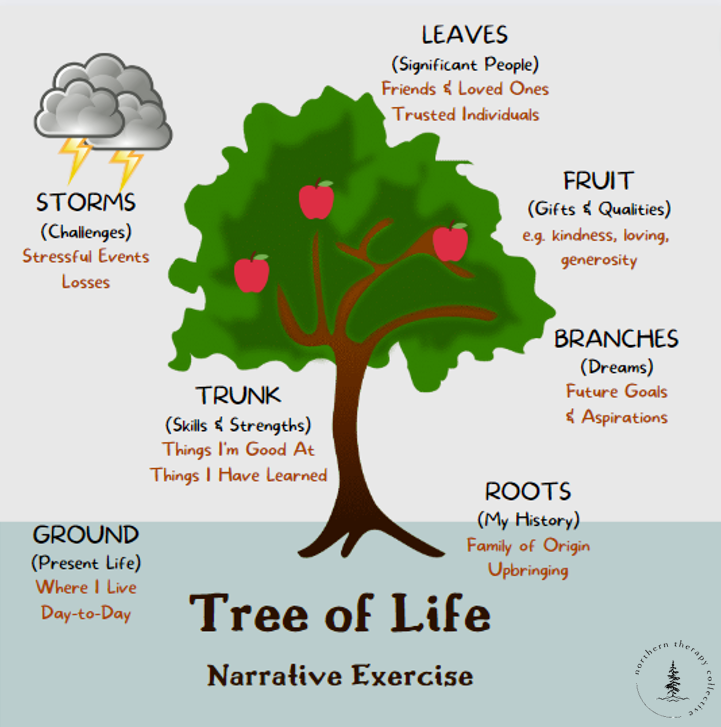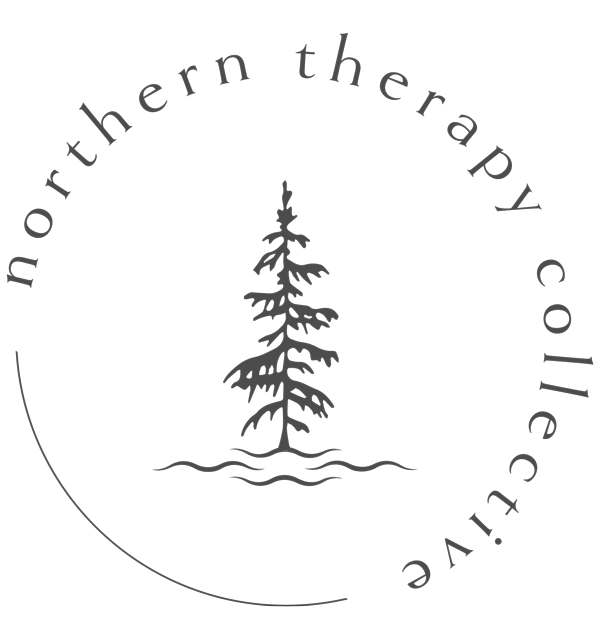SPOTLIGHT ON: Narrative Therapy
Narrative therapy is a humanistic and strengths-based approach to psychotherapy in which clients are empowered to see themselves as the experts in their own lives. Part of this work involves raising awareness of the inherent skills, values, and abilities that every client possesses and instilling a sense of capable confidence when it comes to solving problems. Therapists and clients work together to “externalize” difficult issues and conceptualize problems as being separate from one’s identity (so, for example, “I am depressed” becomes “I am someone who struggles with depression”). For some people, these two statements are basically interchangeable but a narrative therapist would argue that words and phrasing are incredibly important. Put simply, the “stories” we tell ourselves (about who we are, and what we struggle with) have great influence over our mood, perspective, and general worldview. Thus, to create meaningful and positive change, we need to consider and reflect on those “stories” we are telling ourselves.
MAJOR PLAYERS:
- Dr. Michael White & Dr. David Epston– “co-founding fathers” of narrative therapy
FOOD FOR THOUGHT:
- “Every time we ask a question, we’re generating a possible version of life.”
- David Epston
- “Loving ourselves through the process of owning our story is the bravest thing we’ll ever do.”
- Brene Brown

DEFINING FEATURES:
- Applicable to a wide variety of psychological problems (depression, anxiety, etc.)
- Can be used with individuals, families, and couples
- Promotes the “depersonalization” of problems (tends to lower defensiveness and allows clients to approach problem-solving in a more productive way)
- The goal is to generate an “alternative story” that better suits the client and what they are wanting from their life
POSSIBLE INTERVENTIONS:
- Externalizing Problems (naming/describing the issue as separate from the person)
- Deconstructing Problems (breaking issues down into digestible, component parts)
- Constructing Narratives (reviewing current/existing stories, in the client’s own words)
- Identifying Unique Outcomes (the process of “re-authoring” or “re-storying” new narratives)








